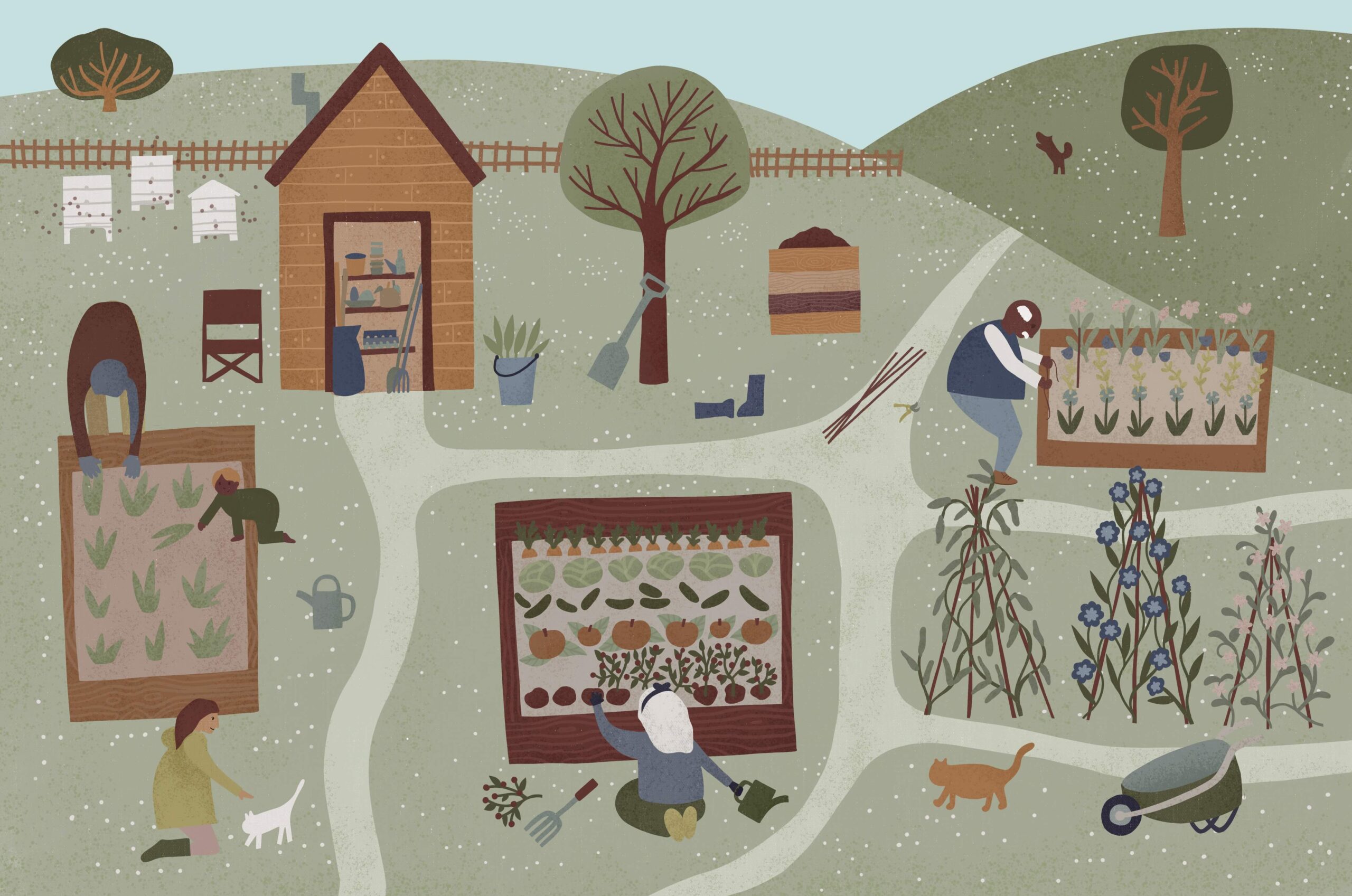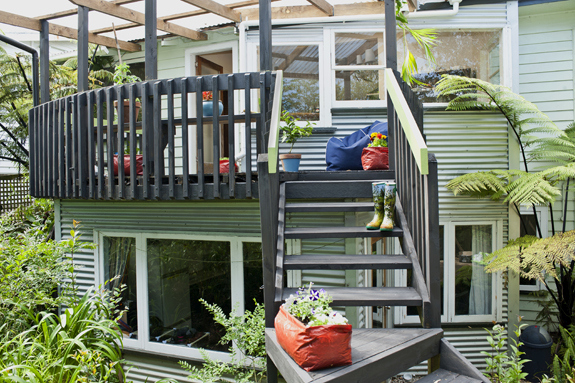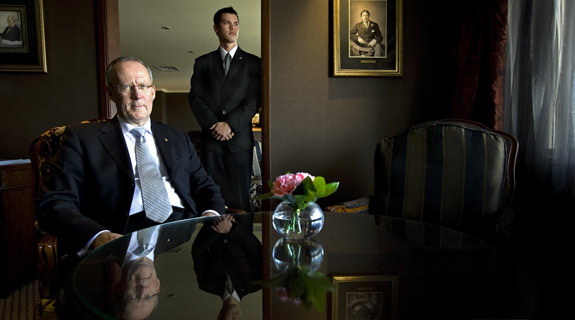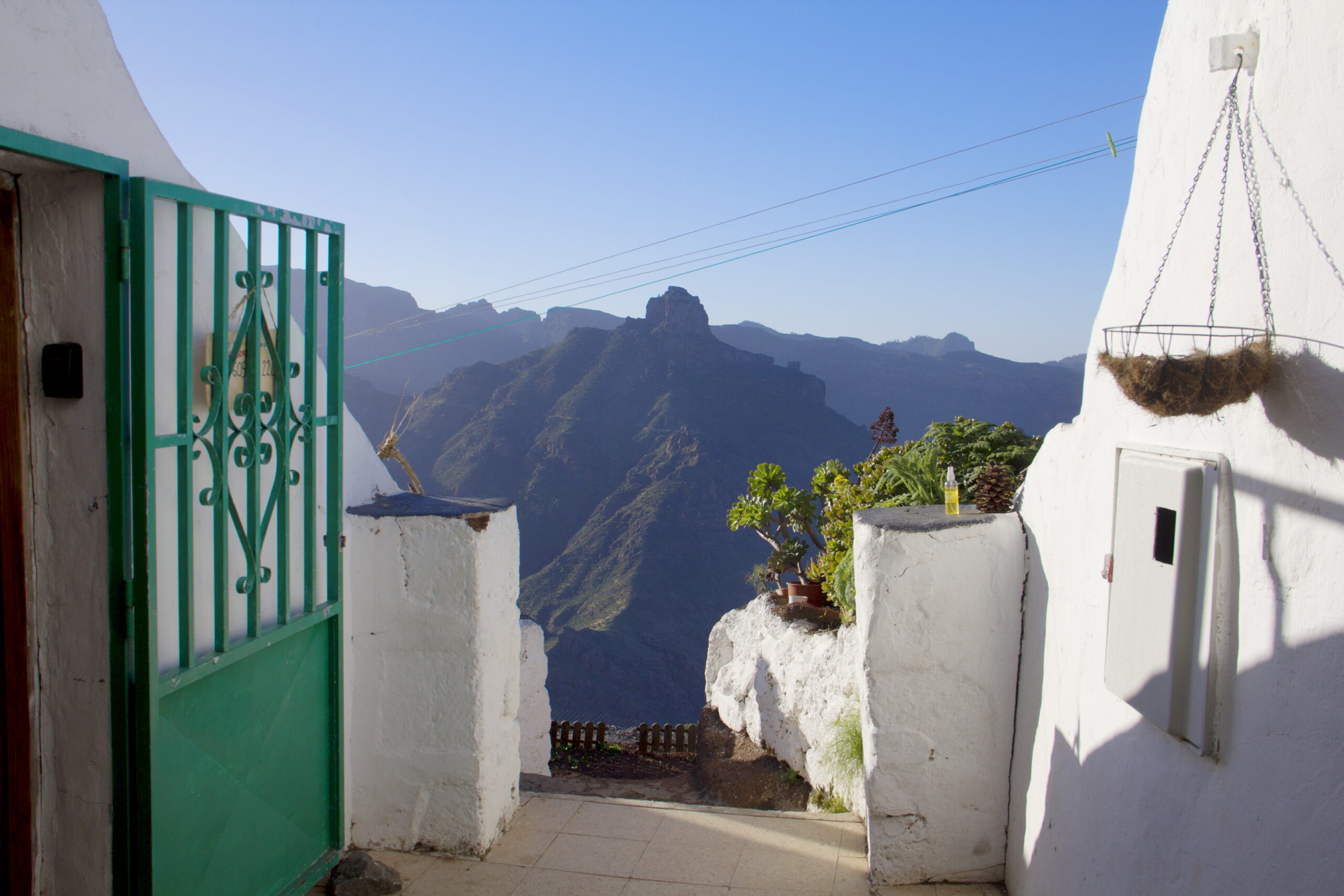Having a strong local community network is great not only for social connection and mental health, it’s also a great way to share resources and build a support network.
It seems like there is an extreme weather or emergency event every other week either in New Zealand or on the news overseas. And every day life is also getting harder with higher mortgages and rising costs on everything. So its more important than ever to check how you’d cope in both emergency situations and to build resilience skills in everyday life.
Build everyday resilience
Community Sharing and Connection
Being able to do more ourselves or work within local communities to share resources can help ease financial and mental burdens. Having a good local community network is great not only for social connection and mental health, it’s also a great way to share resources and build a support network to rely on in times of need.
The first step could be as simple as joining a local community garden or starting a food sharing pantry from any extras from your garden. It stops waste and can save everyone money by sharing. Look for opportunities on your local neighbourhood Facebook groups or Neighbourly and don’t be scared to create a post yourself to get started.
Getting involved in local beach clean ups or tree planting days is another fun way to build networks with like-minded people in your community. Mitre 10 works with Trees That Count to donate trees used in community tree planting days. Visit treesthatcount.co.nz to find out more.
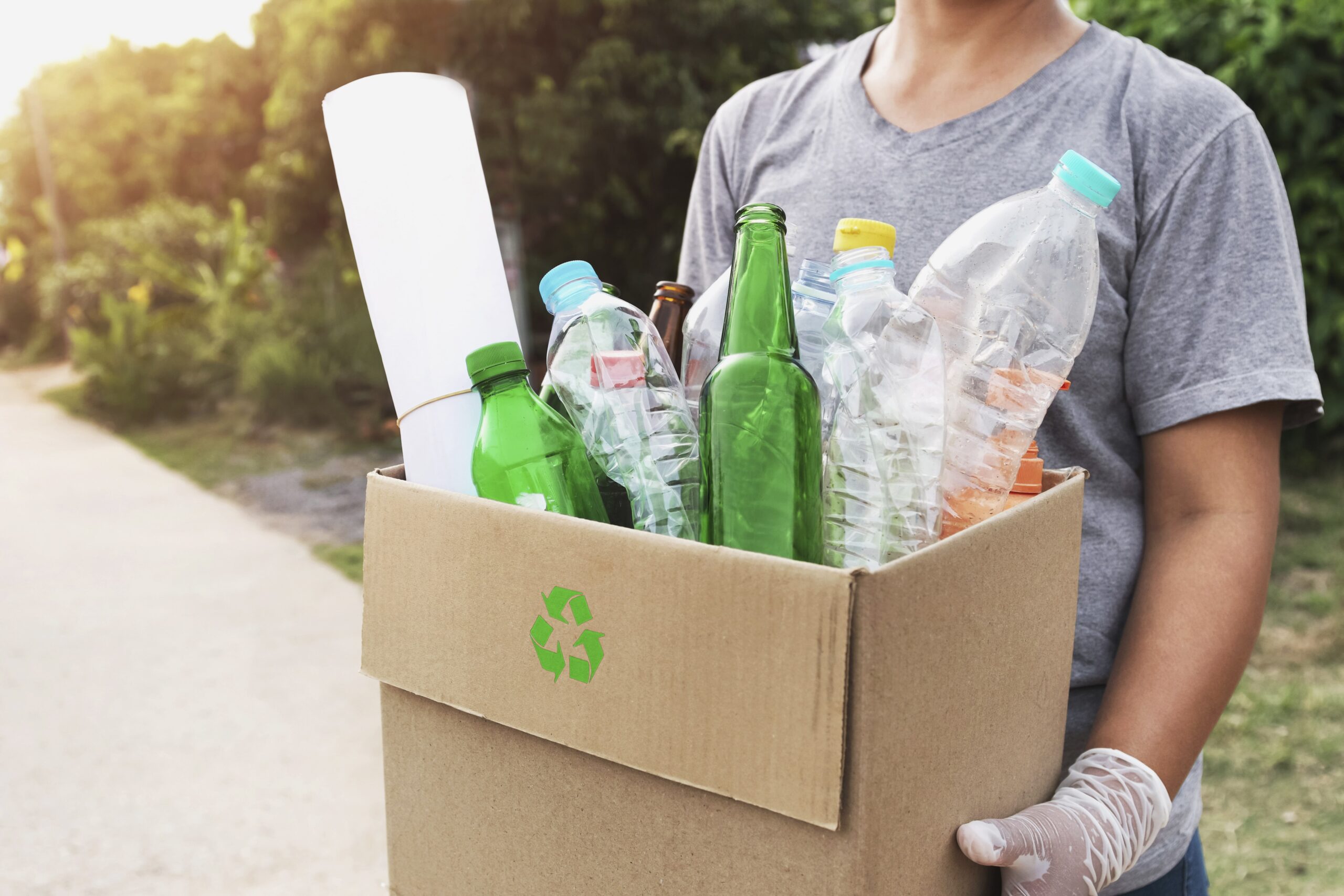
Be prepared for emergency situations
Know your neighbours. Having community connections means help is close by if you need it, and makes it easier to help your neighbours too if they need support.
Check your emergency supplies rations. When disaster strikes are you ready to either escape or bunker down? Keep a grab bag somewhere handy with essentials you can take if you have to evacuate quickly. Think water, batteries, water, torches, first aid kit, tarpaulins, spare food.
And as you could be without power in an emergency, check you’ve got enough gas for the BBQ, plenty of spare water and a way to keep out excess flood water. Visit mitre10.co.nz/disaster-relief to find out more.
Practice your diy skills
Can you use a drill if something breaks unexpectedly or work a chainsaw to move a tree that’s fallen across the driveway in a storm? Upskilling yourself with some basic DIY round the house is a great way to prepare for an emergency. Keep things out of landfill and save some dollars by turning unwanted items into something new and useful. Have a look through your storage cupboards, garage and shed and see what you have that could be upcycled and used or donated.
Get the whole family involved and go through your house together.
Recycling week
Any time is a good time to recycle but use Recycle Week – 16-22 October – as a good time to check your emergency kits, replace old items, and make sure everything is up to date. For things like batteries that might need replacing, check out Mitre 10 or other local services who can divert them from landfill. Did you know that you can also recycle lightbulbs, plastic garden pots and polystyrene packaging at most Mitre 10 stores? Keeping items like these out of landfill means the materials can be recovered to make new products and stops land being contaminated. Check out Mitre 10’s recycling services on their website.


